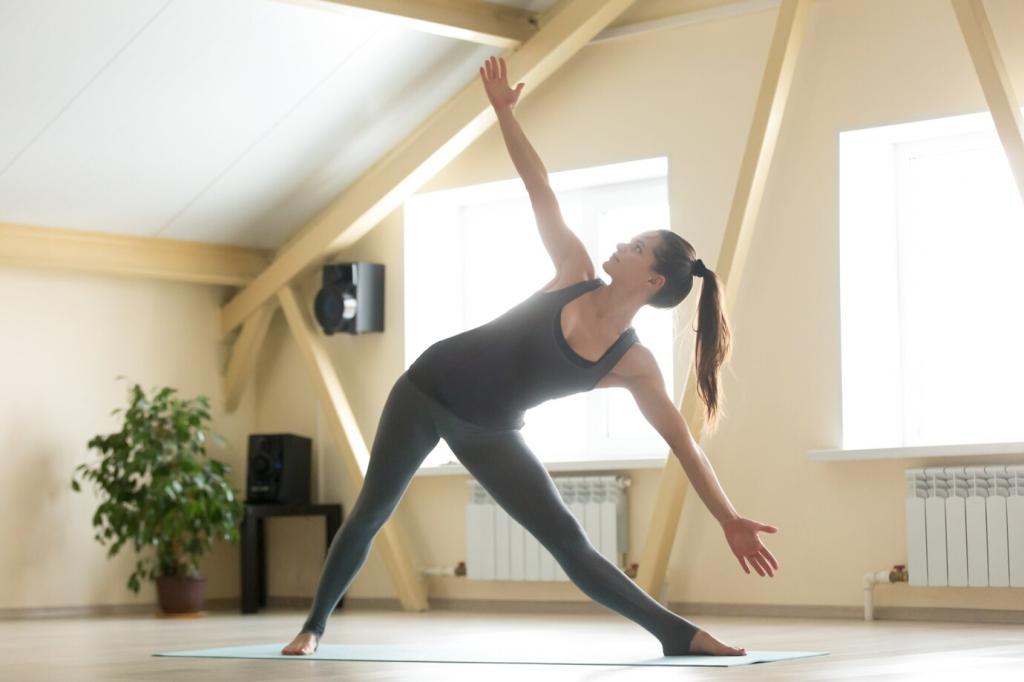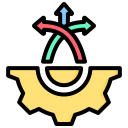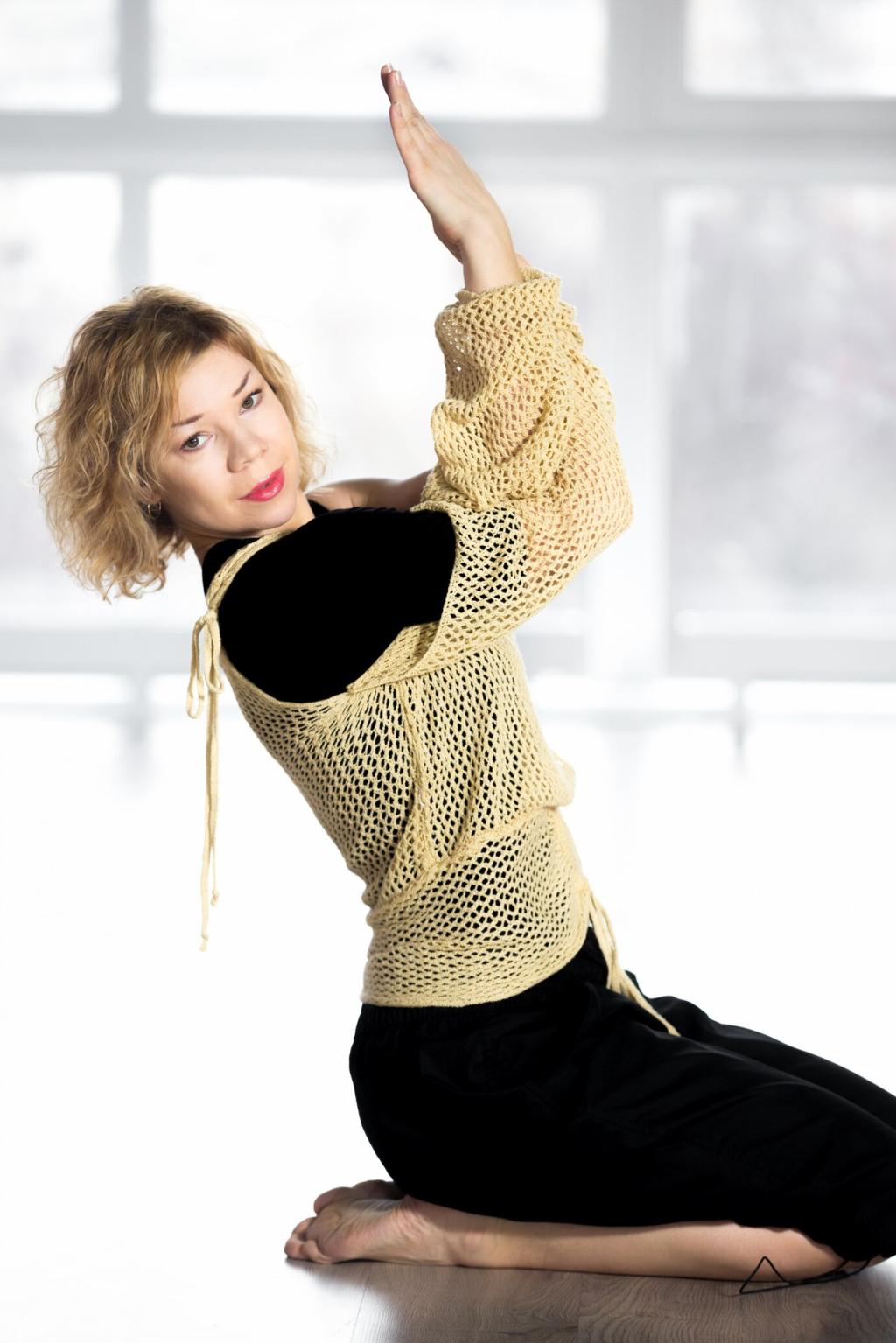
Sun Salutations for Full Body Flexibility: Flow Into Your Day
Today’s chosen theme: Sun Salutations for Full Body Flexibility. Step onto your mat, breathe with intention, and discover how a simple, uplifting sequence can unlock supple strength from head to heels.
Why Sun Salutations Unlock Flexibility
Each cycle increases core temperature and circulation, encouraging fascia to glide, not grip. Pairing inhales with lengthening and exhales with stabilizing teaches the nervous system to release protective tension while maintaining safe, active range.
Why Sun Salutations Unlock Flexibility
Alex, a daily commuter, added six slow rounds before breakfast. After two weeks, forward folds felt kinder, and stair climbs stopped tugging. He swears the breath count made patience easier than ambition ever did.
Why Sun Salutations Unlock Flexibility
Pick a realistic start—three rounds, four days. Note how your shoulders, calves, and hips feel after each mini-practice. Comment with your schedule and we’ll cheer you on and refine it together.
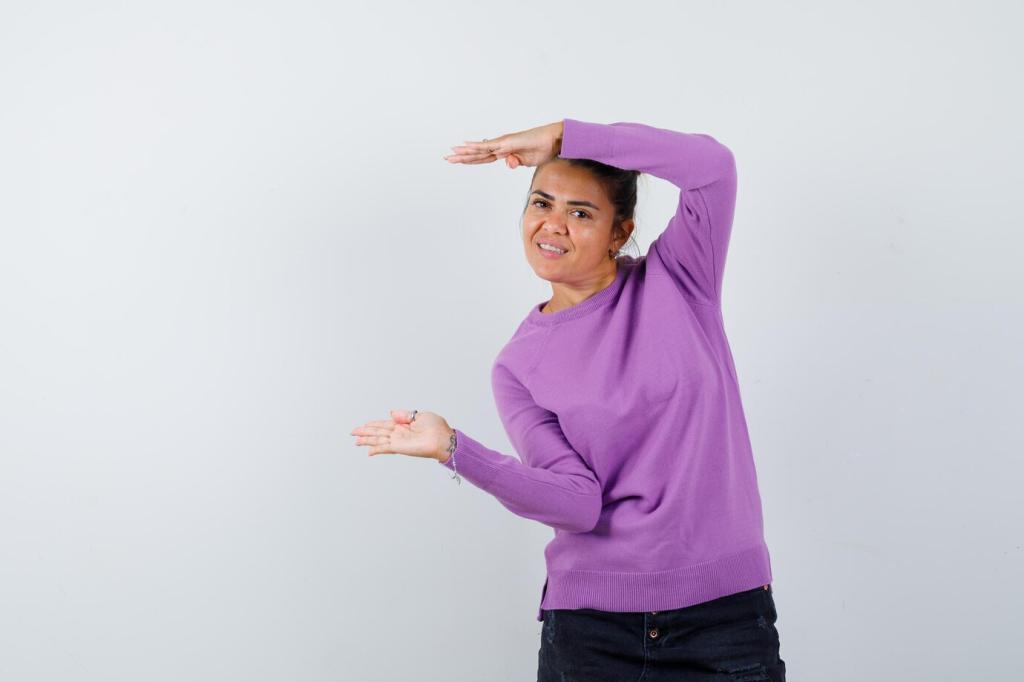
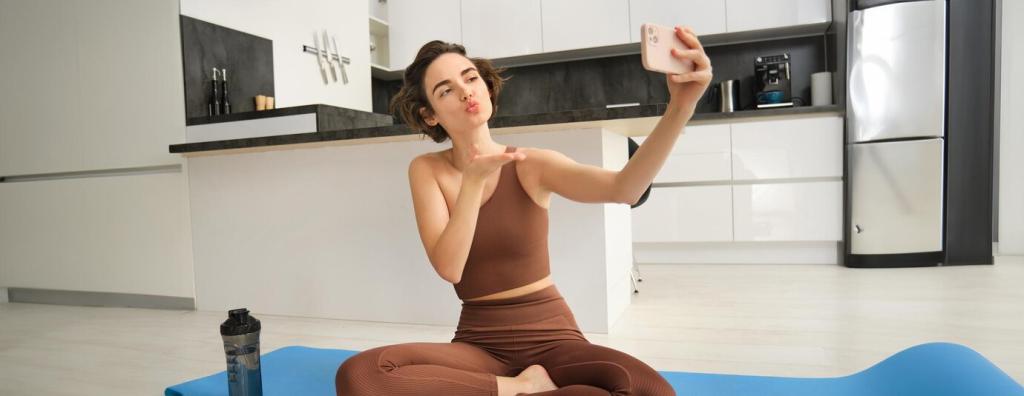
Breath-Led Alignment from Mountain to Downward Dog
Spread your toes, find a tripod through big toe, little toe, and heel. Soften knees, stack ribs over pelvis, and lengthen the back of your neck. A stable start protects every pose that follows.
Breath-Led Alignment from Mountain to Downward Dog
Lead your fold from the hips, keep knees responsive, and glide shoulders down as arms rise. In step-back or jump, prioritize quiet landings and steady exhalations, letting your core cradle the lower back.
Gentle Options for Beginners
Bend your knees in forward folds, place hands on blocks, and step back instead of jumping. Lower knees in Plank and Cobra, emphasizing length through the chest without compressing the lower back at any point.
Stronger Variations When You’re Ready
Try Chaturanga with controlled descent, Upward-Facing Dog with active legs, and float-backs when breath and form are reliable. Add pauses to explore sensation, not strain, letting strength make space for flexibility.
Tell Us Your Favorite Prop Hack
Do you love a strap for tight shoulders, or a chair for stable half-lifts? Share your go-to setup below so fellow readers can experiment and feel how small tweaks produce big, flexible wins.
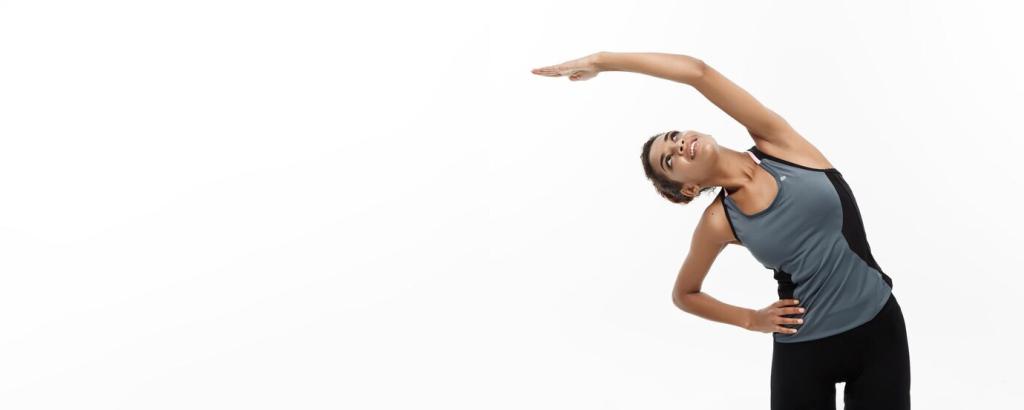
Sequencing: Rounds, Tempos, and Times
Begin with two gentle rounds to warm, then four moderate rounds with steady breaths. Keep transitions smooth, eyes soft, and finish with a long Downward Dog. Notice how your hips and shoulders awaken.
Sequencing: Rounds, Tempos, and Times
Cut the pace in half, hold forward folds longer, and bend knees generously. Add a supported Child’s Pose between rounds. Let exhales lengthen, signaling your nervous system that it’s time to soften and release.
Sequencing: Rounds, Tempos, and Times
Do quick morning rhythms or slow evening stretches serve you better? Post your preference and timing, and we’ll craft a community-approved playlist to match the breath counts you enjoy most.
Common Mistakes and Friendly Fixes
In backbends, knit ribs gently and lengthen tailbone. Press through feet, lift chest before you lift chin, and imagine your spine unfurling evenly. Comfort today creates real range tomorrow, without soreness.
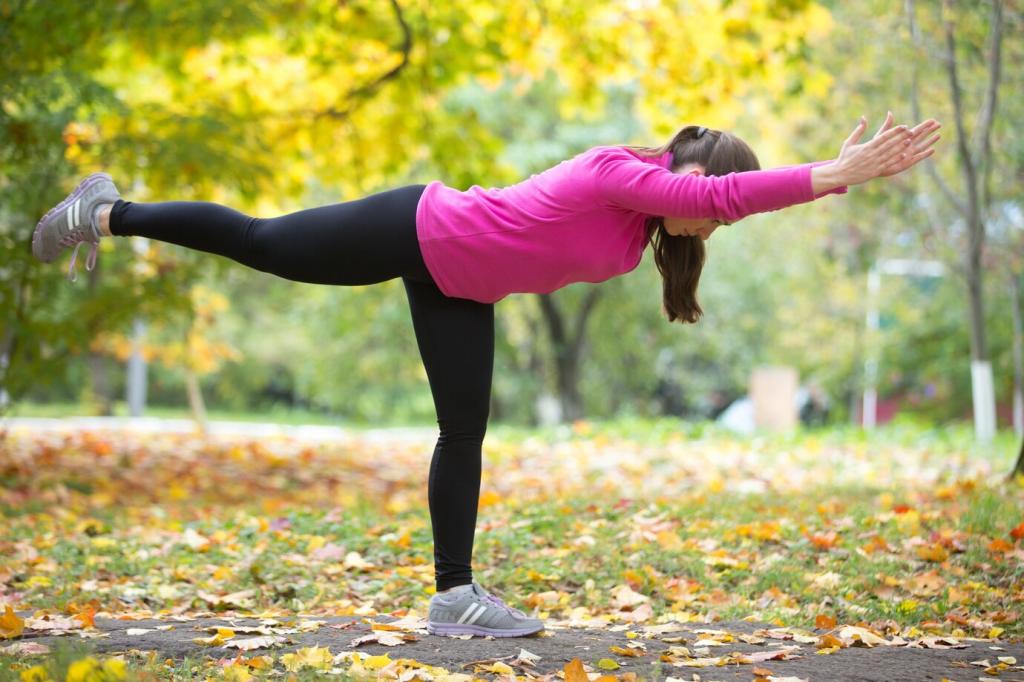
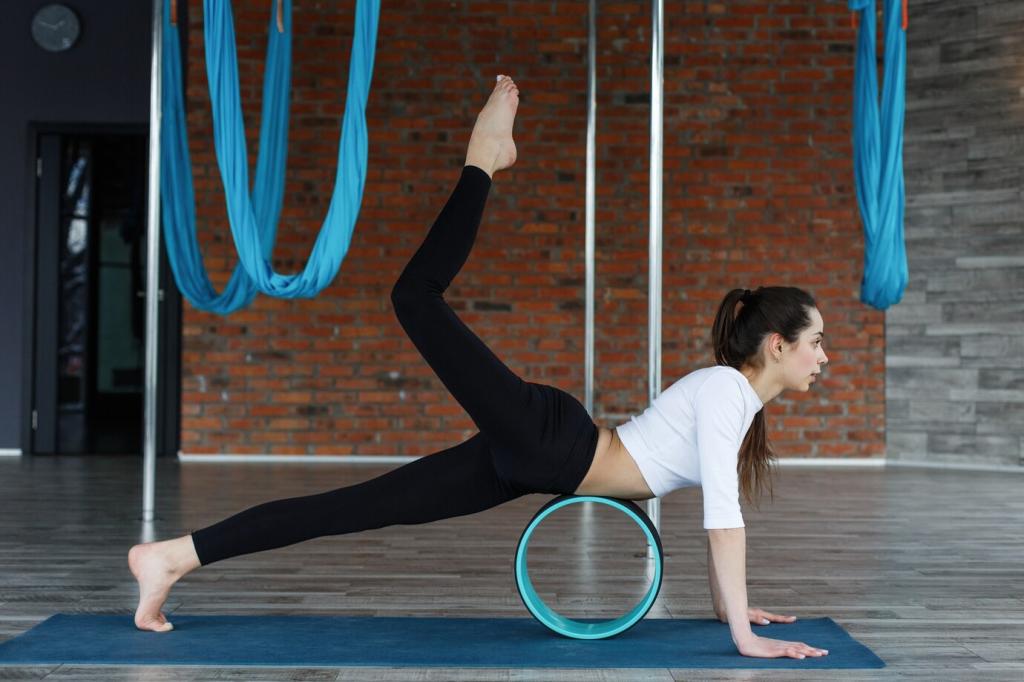
Desk Break Mini-Flow
Stand, roll shoulders, take one slow half-salutation with a wall or desk, and breathe five deep cycles. Even a two-minute pause refreshes hips, hamstrings, and focus when afternoon stiffness sneaks in unexpectedly.
Family-Friendly Flow
Invite kids or partners to mirror you for three playful rounds. Keep cues simple and smiles frequent. Flexibility improves faster when practice feels welcoming, not perfect—make it a living-room ritual together.
Challenge: Seven Days of Sun
Commit to five rounds daily for a week. Track two sensations—hamstrings in folds, shoulders in Downward Dog. Share your notes each day, and subscribe for next week’s progressive variations and supportive guidance.
